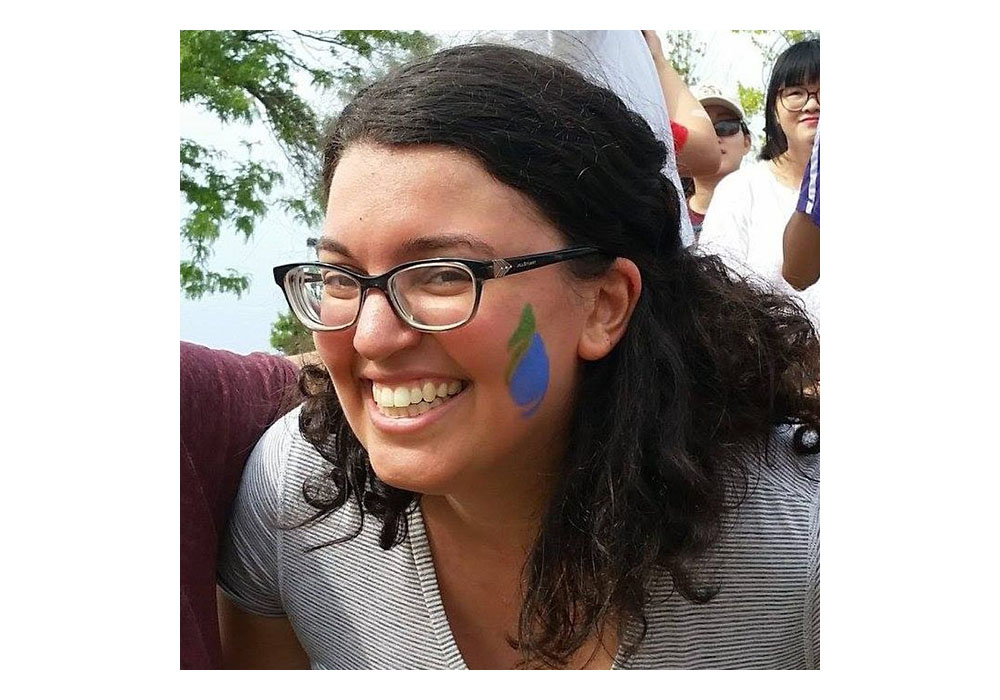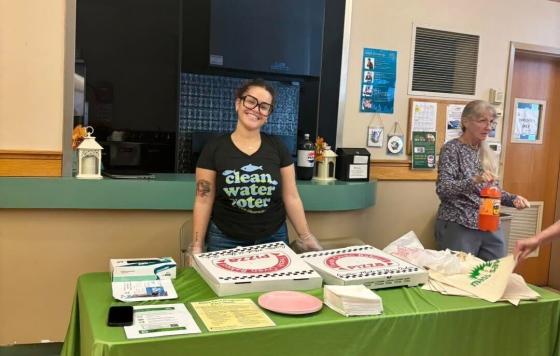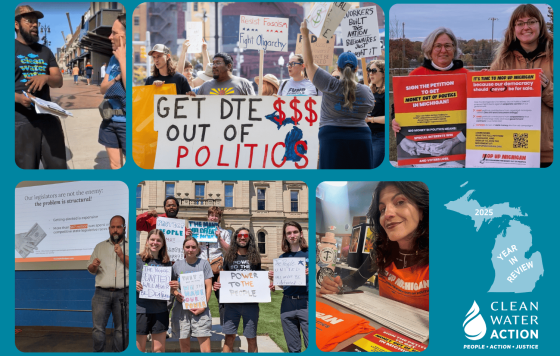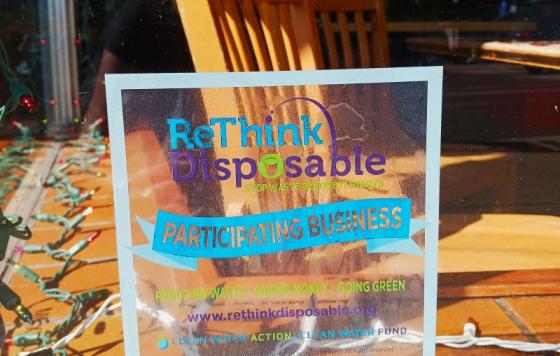
This March, in commemorating International Women’s Month, we’ve worked to highlight the role of inspiring women in our network...women who are pushing boundaries and bringing fresh ideas, fighting for a healthy and just tomorrow. In that spirit, meet Sarah Naiman!
Sarah has had social justice on the mind since she was young. At first she thought she may become a lawyer as she saw the legal system as one way to solve injustice; however, as Sarah went through high school and college she began seeing a bigger picture. She saw that environmental issues intersect with many other social issues and that put her on a different track. The more classes she took the more she was drawn to the environmental movement. As Sarah became more involved she started to notice how few people of color there were in these formal environmental spaces. As a Latina, this reality was both personal and problematic.
By the time Sarah came to Clean Water as a fellow in the prestigious Environmental Grantmakers Association Fellowship program, she was working on her PhD exploring the depths of environmental justice which is inherently linked to race and class. One of Sarah’s main projects with us: community research interviewing grassroots leaders who have lived near polluting power plants and trash incinerators, as well as leaders in communities of color campaigning for clean energy alternatives. By documenting the voices of people who would have otherwise gone unheard, Sarah came away with key perspectives on how to the struggle for health and justice. These include:
- Keep fighting until you see change
- Be politically active and engaged at the local level
- Listen to your gut instinct
- Labor and environmental movements can and should collaborate
- The intersections between health, environment, inequality, racial and economic justice are meaningful and provide potential for true progress
Sarah also saw how everything comes down to power. Who has the power and what are they doing with it? The power was often in the hands of corporations, the government, and whomever the government prioritizes. While this could be incredibly frustrating, Sarah also came away inspired by the power in the hands of grassroots leaders and organizations like Clean Water Action working to strengthen democracy and lift the voices of low income and communities of color.
Thank you Sarah for your research and unique perspective -- we know your work will continue to document the power of equity and inclusion in the movement for health and environment!
Interested in viewing some out-takes from Sarah’s interviews? Click here and stay tuned for additional videos coming soon!


